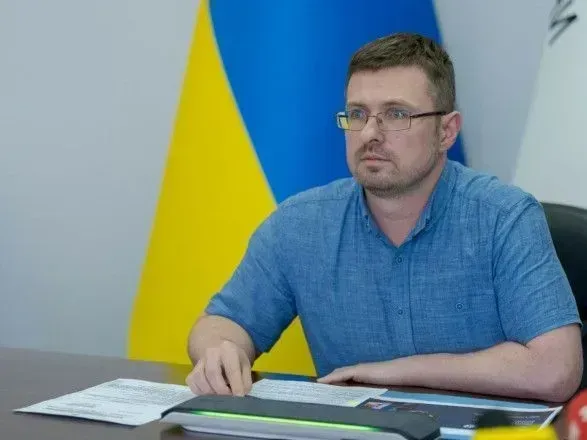This year, the Ministry of Health will initiate enhanced immunization measures to vaccinate unvaccinated children. This was announced during a telethon by Deputy Minister of Health - Chief State Sanitary Doctor Ihor Kuzin, UNN reports.
Details
Regarding vaccination statistics, Kuzin pointed out that "for some groups of infections," due to activity over the past three years, "the numbers were already slightly higher than, let's say, those that were seen before.
"But we still have some problematic issues. And now, most often, we talk about insufficient vaccination coverage against diphtheria and tetanus. This vaccine is used among both children and adults, and even every adult should be revaccinated every 10 years," he said.
This year, the Ministry of Health will initiate intensified immunization activities to catch up with unvaccinated children. But the number of refusers is progressively decreasing. And we can see this in the same way already at the end of last year, when we managed to prevent significant measles outbreaks. We conducted additional immunization activities and, fortunately, the number of those who do not trust the vaccine or do not want to be vaccinated is objectively smaller
In response to a question about whether unvaccinated children would be allowed into kindergartens and schools, Kuzin referred to the relevant provision of the law, "which regulates that a child in an educational environment must be vaccinated." "In a stable epidemic situation, a certain number of children can be admitted because they cannot receive the vaccine for health reasons, because they are contraindicated for vaccination. But this is a very small percentage," he said.
"That's why we're actually changing our legislation to strengthen this control. And if we record parents' refusals, we try to explain the value of vaccination as much as possible so that we do not restrict such children from attending schools," Kuzin said.
Commenting on whether the EU has mandatory protocols for conditionally not allowing children to go to school or kindergarten without certain types of vaccinations, Kuzin said that "there are not even discussions about human rights, about admission - not admission, but about expanding antigens in order to ensure a healthy society as much as possible.
At the same time, he pointed out that in terms of bringing the legislative framework in line with European standards, Ukraine has "adapted its legislation on the public health system." But, according to him, "there is still a need to update the Vaccination Calendar." "Because the European Union has gone a little bit further, and it introduces new antigens, that is, new vaccines that prove their effectiveness, for example, in the prevention of cervical cancer, the vaccine against human papillomavirus is now widely used in the European Union," the deputy minister explained.
МОЗ не фіксувало несприятливих подій після щеплення вакциною AstraZeneca - Кузін08.05.24, 18:25
